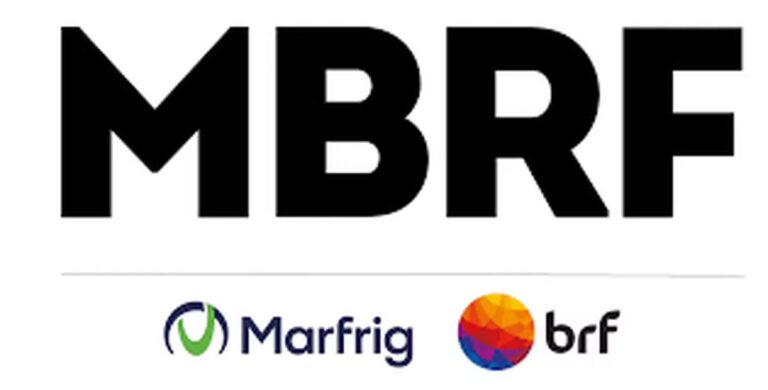
This Monday morning, the Attorney General’s Office requested the judicially supervised release of former French President Nicolas Sarkozy. The decision must be announced at 1:30 p.m., following a public hearing in which the former president participated via video conference from prison. “It’s very, very tough, certainly for any detainee. I can even say it’s exhausting,” Sarkozy said in a speech to the court, thanking the “humanity” of the officials who have recently treated him and made it possible to endure “this nightmare (…)”.
This could allow Sarkozy to be released after three weeks in prison. The former conservative president was sentenced to five years in prison on September 25th for illegal dating in the 2007 scandal of illegally financing the presidential election campaign of Libya’s Muammar Gaddafi regime. A judge will now have to decide whether the former president can continue serving his sentence on parole until his appeal is resolved.
On October 21, the former president became the first former French head of state to pass through the prison gates and begin serving his sentence. He was held in La Santé prison in Paris, where there are 754 detainees. Like many prisons in France, the prison is over capacity.
But Mr. Sarkozy has not met other prisoners. The former head of state remains in a quarantine area to avoid contact with other prisoners. Mr. Sarkozy was threatened and yelled at by other prisoners when he entered the facility, but he is not a detainee like other prisoners. Interior Minister Laurent Nuñez acknowledged that the former president of the Republic benefited from security equipment that was completely unprecedented in the history of prisons.
Sarkozy is kept in solitary confinement in an area with about 20 cells, the minister said, and two armed security officers are present “in view of his position and the serious threat he poses.” This innovation caused some miscommunication within the prison administration and provoked a violent reaction from the UFAP-UNSA-Justice Union. The center, one of the two main unions for prison staff, in a statement denounced “the senseless device, the security insanity and above all the unprecedented humiliation of the prison as a whole.”
After being sentenced on September 25, President Nicolas Sarkozy denounced the blow to the rule of law. The former president maintains his innocence and enjoys support from the political class.
The weekend before entering prison, Sarkozy visited President Emmanuel Macron at the Elysée Palace. He also received a controversial prison visit from Justice Minister Gerard Darmanin, who justified his actions as a measure to control the former president’s security. “The unprecedented event of ensuring the security of a former President of the Republic in prison does not in any way threaten the independence of the judiciary, but it is part of my duty of vigilance as head of the executive, responsible to Parliament under Article 20 of the Constitution,” the Minister of Justice replied.
The Paris court found it had been proven that Mr Sarkozy, while he was interior minister between 2005 and 2007, plotted to obtain financial support from the Libyan regime through his closest associates. He was acquitted of charges of passive corruption and misappropriation of funds because, although it was “confirmed that there were Libyan funds that reached France,” it was not possible to prove that they were intended for his presidential campaign.
The tentacle case, which took years to investigate, involved 11 other people, including two former cabinet ministers. This is the fifth trial the former French president has faced in the past five years.
In December last year, Sarkozy had already been sentenced to three years in prison for corruption and influence peddling in the so-called wiretapping scandal. He was accused of bribing prosecutors in exchange for favors by informing them about another investigation in which he was involved and which was classified as summary secret. It was three years, so he only had to wear an electronic bracelet and serve under house arrest once.


